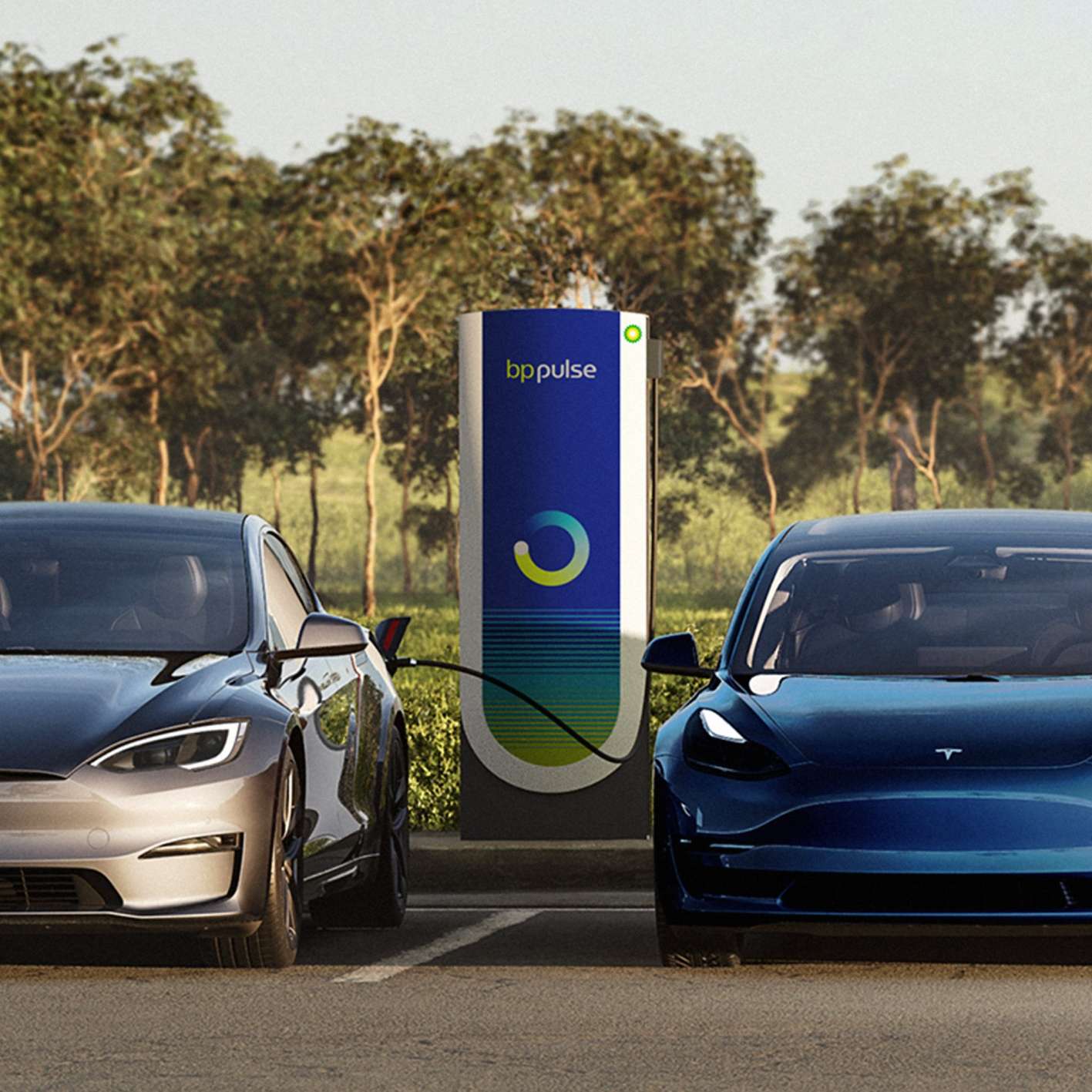London, United Kingdom – British oil giant BP said Tuesday it rebounded strongly into net profit in the third quarter after large accounting charges had pushed it into the red a year earlier.
Profit after taxation stood at $4.9 billion (4.6 billion euros) in the three months to September, after a net loss of $2.2 billion the previous year, BP said in a results statement.
However, underlying replacement cost profit excluding exceptional items more than halved to $3.3 billion.
That compared with $8.2 billion a year earlier, when it was energized by surging gas and oil prices after key producer Russia’s invasion of Ukraine.
And it also missed market expectations of about $4.0 billion.
“This has been a solid quarter supported by strong underlying operational performance demonstrating our continued focus on delivery,” said BP’s interim chief executive Murray Auchincloss.
“We remain committed to executing our strategy, expect to grow earnings through this decade, and (are) on track to deliver strong returns for our shareholders.”
Former finance chief Auchincloss took the reins in September after ex-CEO Bernard Looney resigned unexpectedly over his failure to disclose past relationships with colleagues.
Auchincloss will now act as interim CEO while the group seeks a permanent successor.
The energy major however announced a new $1.5-billion stock buyback, but shares sank in early morning deals.
BP’s share price fell 4.5 percent to 502.80 pence, topping the fallers board on London’s rising stock market.
“The improved quarterly performance was largely driven by higher refining margins and oil and gas production, although on an underlying basis lower oil and gas realizations and weak gas trading blotted the copybook,” noted Interactive Investor analyst Richard Hunter.
Looney had left BP after less than four years as CEO, having steered the energy major through a tumultuous period that included huge swings in prices owing to the Covid pandemic and Russia’s invasion of Ukraine.
He had also come under fierce criticism from environmentalists, who have accused BP and rivals of not going far enough in transitioning away from fossil fuels.
Looney took the top job in February 2020, shortly before the 10th anniversary of the explosion on the BP-leased Deepwater Horizon rig in the Gulf of Mexico that triggered the worst oil spill in US history.








